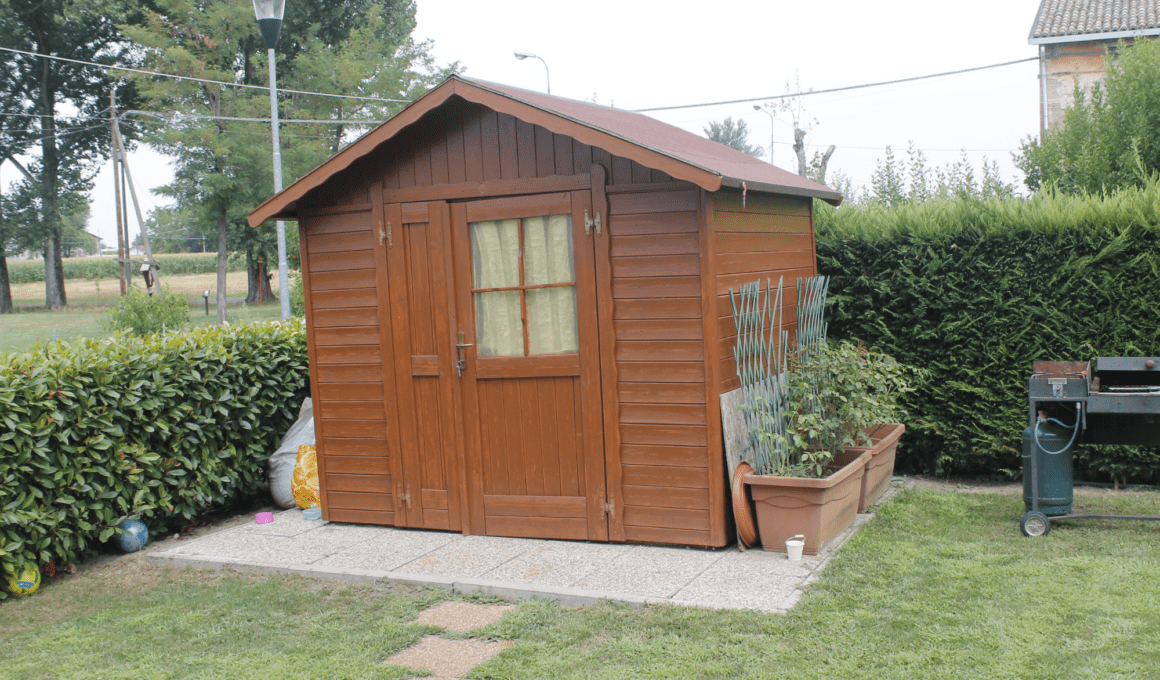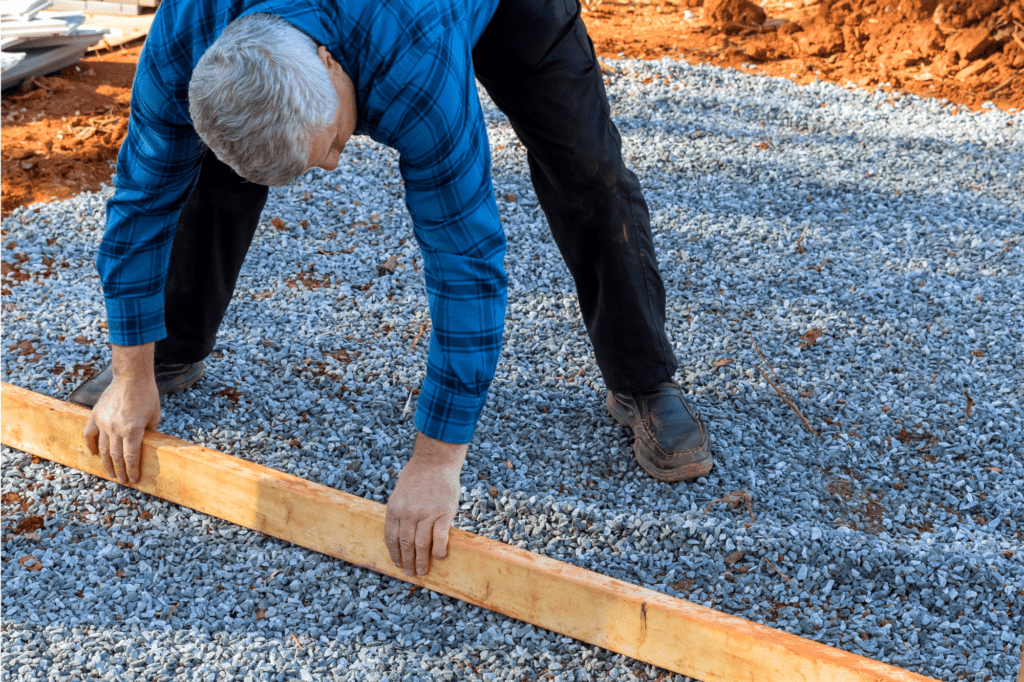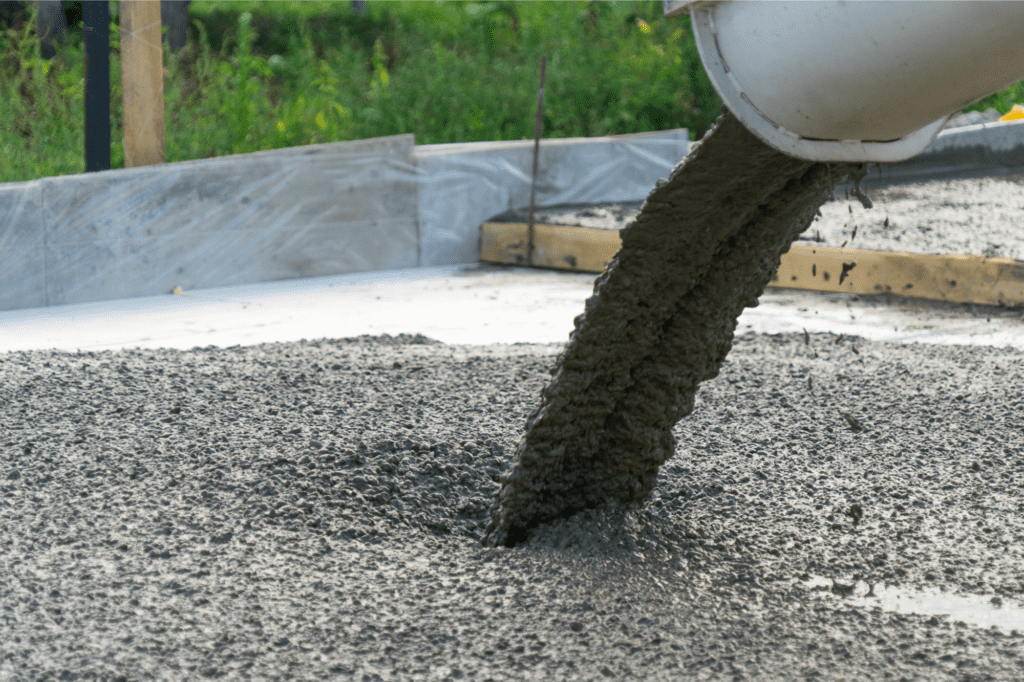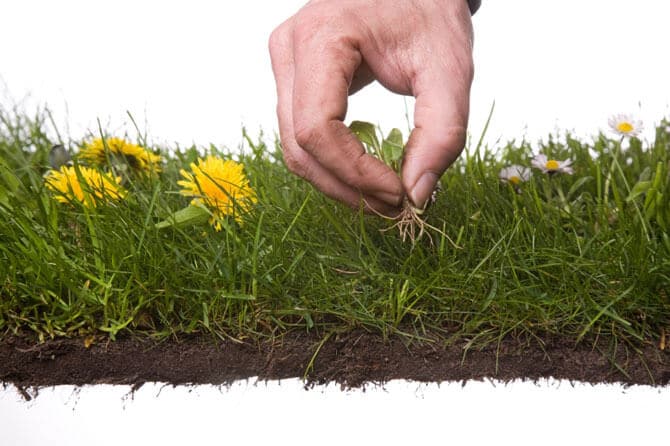When it comes to building a shed, choosing the right foundation is crucial to ensure structural stability and longevity. There are various options available for shed foundations, but two of the most popular choices are gravel and concrete.
In this article, we will explore the pros and cons of each option, providing insights into which foundation may be the best fit for your needs. We will also discuss alternative shed foundation materials and share valuable tips for proper installation.
By the end of this article, you will have a comprehensive understanding of different shed foundation options, enabling you to make an informed decision on which material to choose. So, let’s dive into the gravel vs. concrete shed foundation comparison and discover which will be the best fit for you.
Gravel Shed Foundation: Pros and Cons
When it comes to shed foundations, gravel is a popular choice due to its affordability, versatility, and ease of installation. However, before deciding to go with a gravel foundation, it’s important to consider both its advantages and potential drawbacks.
Pros of Gravel Shed Foundation
| Advantages | Details |
|---|---|
| Affordability | Gravel is generally less expensive than concrete and other materials, making it a cost-effective option for those on a budget. |
| Versatility | Gravel can be used in a variety of different soil types and climates, making it a versatile option for different locations. |
| Easy to install | Gravel can be installed relatively quickly and easily, requiring only basic tools and equipment. |
Cons of Gravel Shed Foundation
| Disadvantages | Details |
|---|---|
| Erosion | Over time, gravel can erode and shift, potentially causing the shed to become unstable. |
| Maintenance | Gravel may require periodic maintenance to ensure that it remains level and stable. |
| Less durable | Compared to concrete, gravel may not be as durable and may need to be replaced more frequently. |
Overall, a gravel shed foundation may be a good option for those looking for an affordable and easy-to-install solution. However, it may not be the most durable or long-lasting choice, and proper maintenance may be required to ensure stability over time.
Concrete Shed Foundation: Advantages and Considerations
A concrete shed foundation is a popular choice for many homeowners due to its durability and strength. Concrete foundations offer excellent resistance to harsh weather conditions, moisture, and pests. Additionally, they provide a stable base for your shed, ensuring it stays in place and remains upright.
Another advantage of a concrete foundation is the option to customize it to fit your specific needs. You can choose the size, shape, and depth of the foundation to suit your shed’s dimensions and weight load requirements. Keep in mind, though, that the deeper and larger the foundation, the more expensive it will be.
When considering a concrete shed foundation, it’s essential to assess the cost factor. Concrete foundations can be more expensive than other options, such as gravel or wood. However, they also provide a longer lifespan and require little to no maintenance, making them a cost-effective investment in the long run.
Installation requirements are another consideration when it comes to concrete foundations. Proper installation involves excavating the ground, laying a gravel base, building the forms, and pouring the concrete, which can be time-consuming and labor-intensive. Additionally, because concrete takes time to cure and harden, you will need to wait a few days before placing your shed on the foundation.
In summary, a concrete shed foundation is an excellent choice for those seeking a durable and long-lasting base for their shed. While it may require a higher upfront cost and more extensive installation requirements, it can provide a stable and customized solution for your shed.
Comparing Gravel and Concrete Shed Foundations
When deciding between a gravel or concrete shed foundation, it’s important to consider various factors to determine which option is best for your specific needs.
Cost: One significant factor to consider is cost. Gravel foundations tend to be more affordable due to the lower cost of materials and simpler installation process. On the contrary, concrete foundations can be more expensive due to the cost of materials and labor required for installation.
Installation Process: Gravel foundations are generally easier and quicker to install, as they do not require any special tools or equipment. However, they may require more preparation and leveling of the ground beforehand. Concrete foundations, on the other hand, require specialized equipment and labor for proper installation, making the process more time-consuming and complex.
Longevity: Concrete foundations are known for their durability and longevity, lasting for decades with minimal maintenance. Gravel foundations, on the other hand, may require periodic maintenance and replenishment of the gravel.
Maintenance: Gravel foundations may require more maintenance, as the gravel may shift and erode over time, requiring replenishment. Concrete foundations, however, require little to no maintenance once installed properly.
Suitability for different climates: Gravel foundations can be susceptible to erosion and shifting in areas with high levels of rainfall or flooding. Concrete foundations, however, are more resistant to moisture and pests, making them ideal for areas with high humidity or insect activity.
Ultimately, the choice between a gravel or concrete shed foundation comes down to your individual needs, budget, and location. Consider the factors outlined here to make an informed decision that will ensure a stable and long-lasting foundation for your shed.
Other Shed Foundation Materials to Consider
In addition to gravel and concrete foundations, there are several other options available for your shed. Each material has its own advantages and disadvantages, which we will explore below.
Wood Foundations
A wood foundation is a popular choice for those looking for a cost-effective and easy-to-install option. However, this type of foundation is more susceptible to moisture damage and is not as durable as other materials.
Plastic Grids
Plastic grids are becoming increasingly popular due to their eco-friendliness and permeability, allowing for better drainage. They are also relatively easy to install and offer good stability. However, plastic grids may not be suitable for heavy sheds or harsh climates.
Concrete Blocks
Concrete blocks are a strong and durable option that can provide good stability for your shed. However, they can be more expensive and difficult to install than other options.
When choosing a shed foundation material, consider factors such as the shed’s weight, your budget, and the local climate. By doing so, you can select the material that best meets your needs and ensures the longevity of your shed.
Choosing the Right Shed Foundation for Your Needs
Choosing the right shed foundation is essential to ensure that your shed lasts for many years to come. Factors such as the size and weight of your shed, the purpose it will serve, and the climate in your area should all be taken into consideration.
For smaller, lighter sheds, a gravel foundation may be a cost-effective and straightforward option. Gravel provides adequate drainage, is easy to install, and can be a suitable choice for sheds that will only be used for storage.
If you have a larger shed, or one that will serve as a workspace or living area, a concrete foundation may be a better choice. Concrete provides superior stability, durability, and resistance to moisture and pests, making it an ideal choice for sheds that will be used frequently or have valuable contents.
Factors to Consider When Choosing a Shed Foundation
Before making a decision about your shed foundation, it is important to consider the following factors:
- Size and weight of the shed: Larger sheds with heavier contents may require a more robust foundation, such as concrete.
- Purpose of the shed: If the shed will be used frequently or as a workspace or living area, a concrete foundation may be necessary to provide adequate stability and durability.
- Local climate: In areas with high rainfall or frequent freeze-thaw cycles, a concrete foundation may be necessary to prevent shifting or damage to the shed.
- Cost: Gravel foundations are typically more cost-effective than concrete, but may not provide the same level of longevity or stability.
Ultimately, the decision of which shed foundation to choose will depend on your individual needs and circumstances. By considering the above factors and weighing the pros and cons of each option, you can make an informed decision that will ensure your shed is secure, stable, and long-lasting.
Tips for Proper Shed Foundation Installation
While choosing the right shed foundation is crucial, proper installation is just as important. To help ensure a successful installation, here are some tips to follow:
1. Prepare the Site
Before installing the foundation, clear the area of any debris or vegetation. Level the ground as much as possible, removing any high spots and filling in any low spots. Consider laying a weed barrier over the ground to prevent weeds from growing up through the foundation.
2. Ensure Proper Drainage
Ensure your foundation has proper drainage to prevent water from pooling around or beneath the shed. Consider installing a French drain or gravel around the perimeter of the foundation, sloping the ground away from the shed.
3. Use Appropriate Anchors
Whichever foundation material you choose, it’s important to anchor your shed to it to prevent it from shifting or tipping over. Consult your local building codes to determine which anchors are appropriate for your area.
4. Check for Leveling
Ensure the foundation is level before placing the shed on top of it. Use a level to check the pitch of the foundation in all directions, and make any necessary adjustments before proceeding.
5. Consider Professional Installation
If you lack the necessary skills or equipment to install the foundation yourself, consider hiring a professional to do it for you. This can help ensure a proper installation and potentially save you time and frustration in the long run.
By following these tips, you can help ensure a successful shed foundation installation that will provide a stable and reliable base for your shed.
FAQ – Shed Foundation Queries Addressed
Shed foundations can be a complex topic, and it’s natural to have questions or concerns. In this section, we’ll address some of the most frequently asked questions related to shed foundations.
What is the best shed foundation?
The ideal shed foundation will depend on various factors, such as the size and purpose of your shed, local climate, and personal preferences. Gravel and concrete foundations are commonly used, but other options such as wood or plastic grids may also be suitable in certain situations. Consider your specific needs and consult with an expert if necessary to determine the best foundation for your shed.
How deep should a shed foundation be?
The depth of a shed foundation will depend on the type of foundation you choose and local building codes. Gravel foundations generally require a depth of at least 4 inches, while concrete foundations may need to be 6 inches or more. Check with your local authorities or a professional contractor to ensure compliance with regulations.
Can I install a shed foundation myself?
While it’s possible to install a shed foundation yourself, it’s important to ensure you have the necessary skills and tools. Improper installation can lead to structural problems and compromised safety. Consider consulting with a professional contractor or following detailed instructions and guidelines to ensure a successful installation.
Do I need to level the site before installing a shed foundation?
Yes, it’s crucial to properly level the site before laying a shed foundation. Uneven ground can cause the shed to shift or become unstable over time. Use a level and a string line or water level to ensure the site is even before proceeding with the installation.
How do I prevent my shed foundation from shifting or sinking?
Proper anchoring and drainage are essential for preventing the foundation from shifting or sinking over time. Use anchors or concrete piers to secure the foundation to the ground, and ensure proper grading and drainage to prevent water accumulation.
Can I use an existing concrete slab as a shed foundation?
It’s possible to use an existing concrete slab as a shed foundation, but it’s important to ensure the slab is level and in proper condition. Check for cracks or damage that may compromise the structural integrity of the shed, and consider reinforcing the slab if necessary. Consult with a professional contractor to determine if using an existing slab is a suitable option for your shed.










